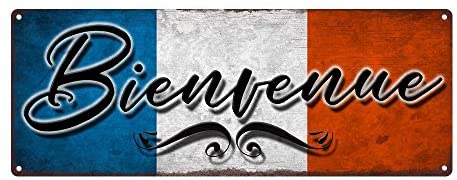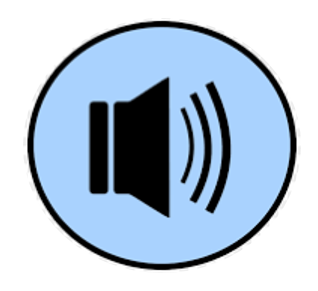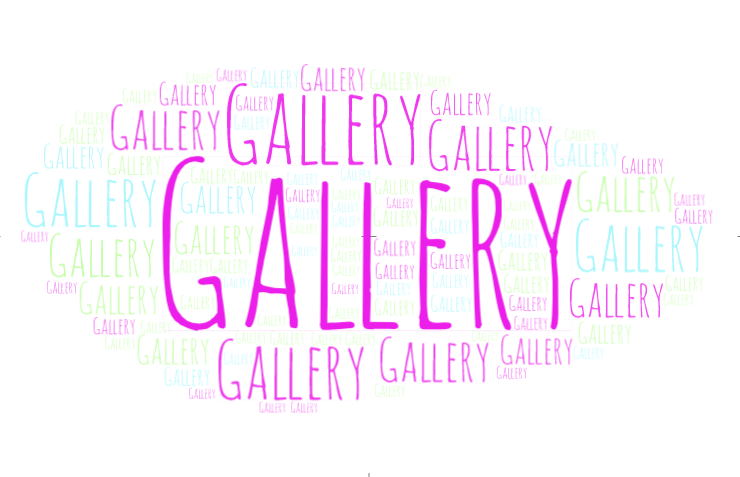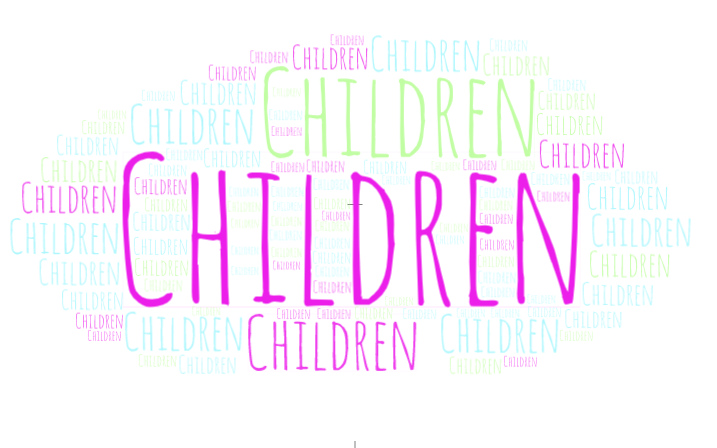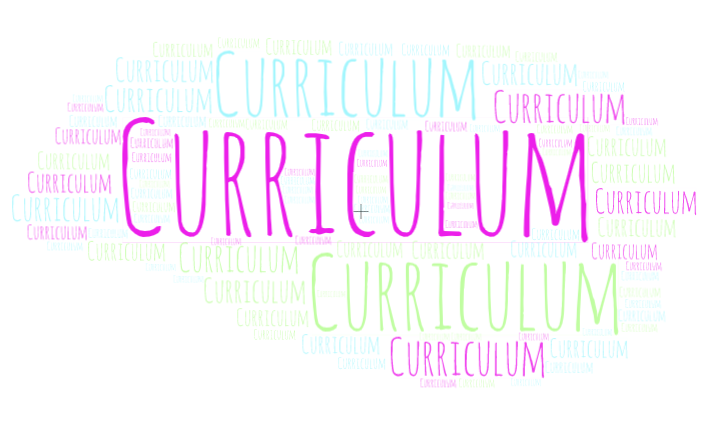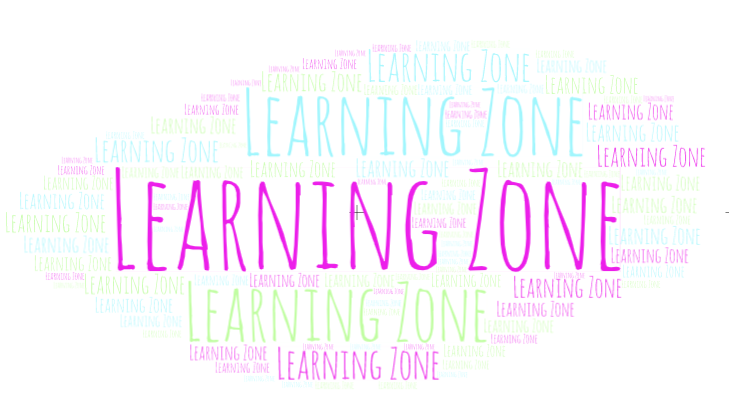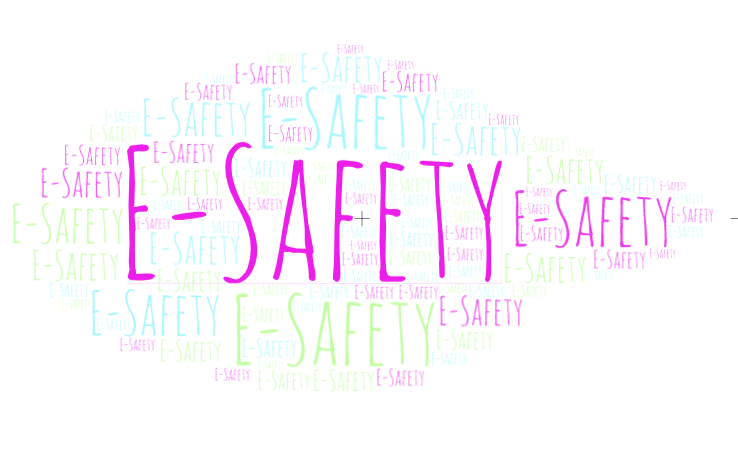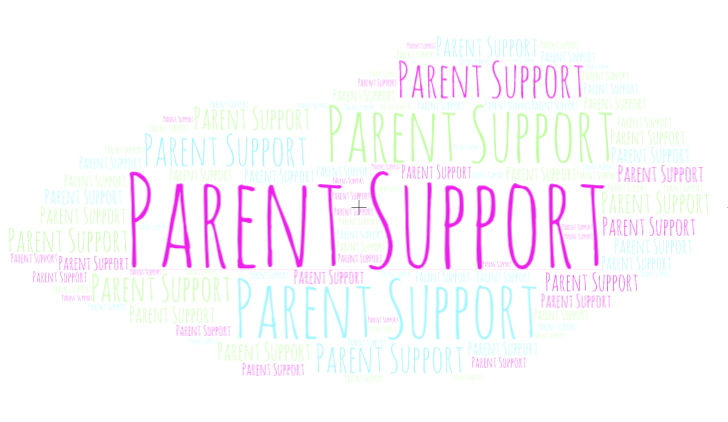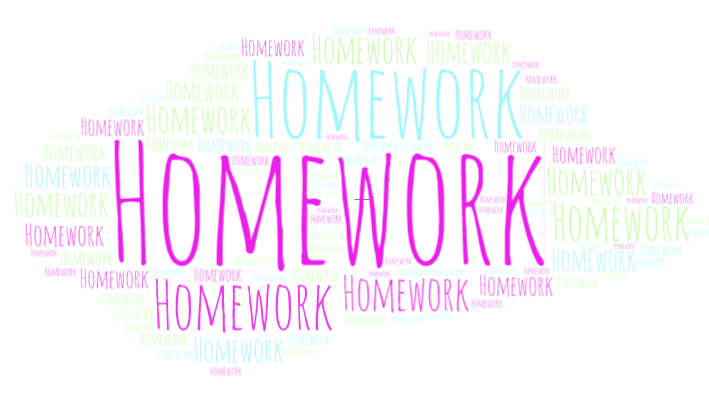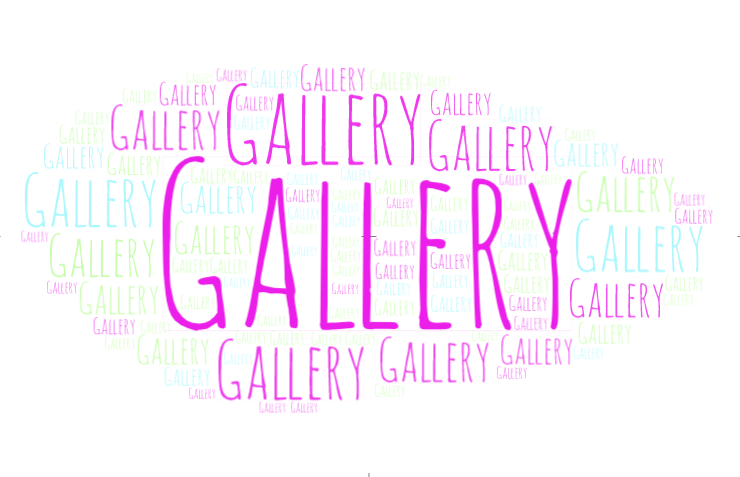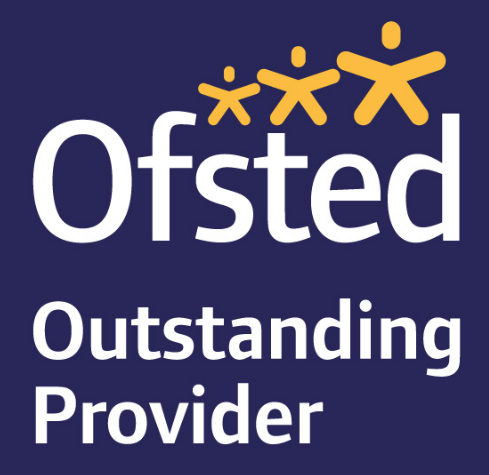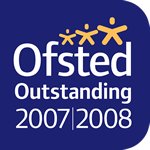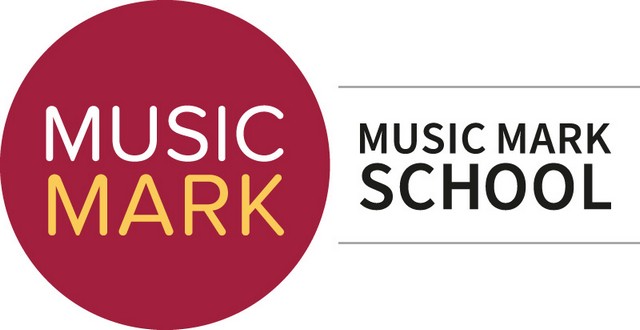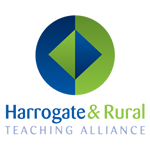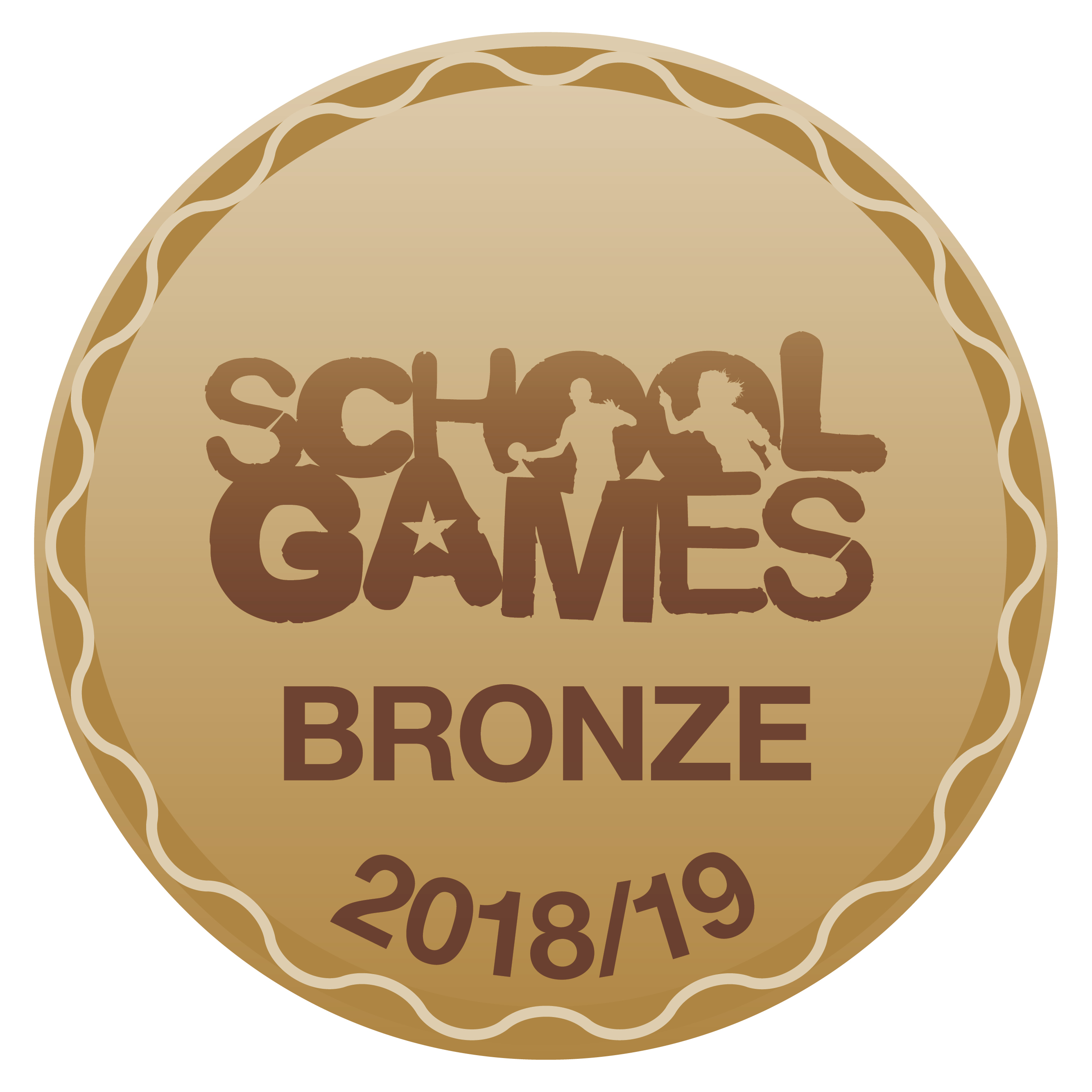Class 1 (EYFS)
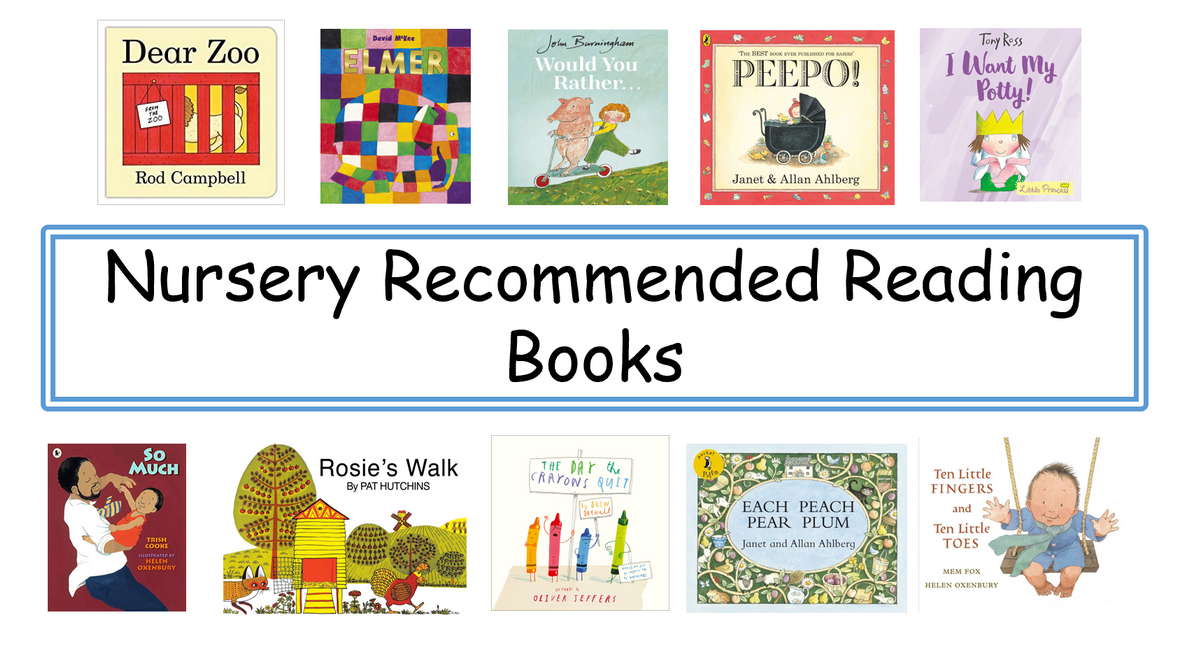 | 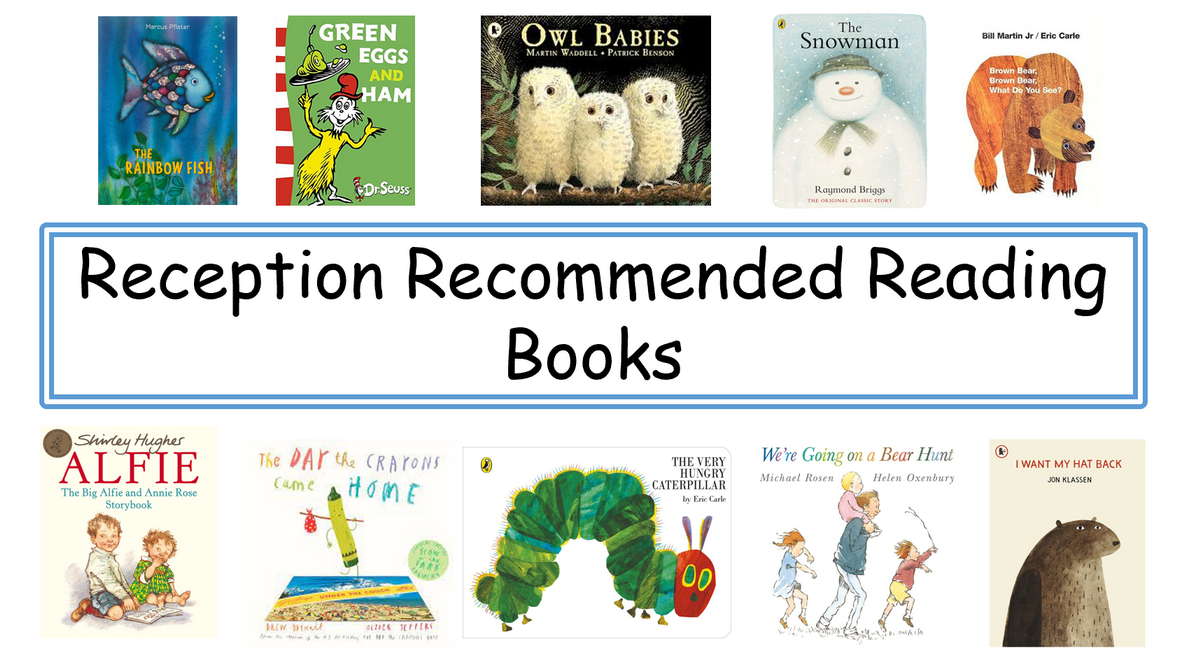 |
Please click here to view the Nursery page
Please click here to view the Reception page
Class Timetable
Please click here to view the Class 1 Timetable
Progression documents
Please click here to view an example progression document for Communication and Language
Please click here to view an example progression document for Personal, Social and Emotional Development
Please click here to view an example progression document for Physical Development
Please click here to view an example progression document for Literacy (reading)
Please click here to view an example progression document for Literacy (writing)
Please click here to view an example progression document for Mathematics
Please click here to view an example progression document for Understanding the World
Please click here to view an example progression document for Expressive Arts and Design
Homework
Curriculum Overview for the Early Years Foundation Stage
At Askwith we recognise the importance of an inclusive, high quality education and care environment for all children. Starting in nursery or reception is big transition for young children and we work collaboratively with parents and carers to ensure this transition is planned carefully.
In the early stages of starting at Askwith, we dedicate our time in getting to know and spending time with all children to ensure they settle in and build relationships with peers and adults. Building strong relationships enables children to feel safe, cared for and happy to explore the learning environment with increasing independence. Children’s personal, social and emotional development is a priority, especially in the first term of starting with us.
The Early Years curriculum is based around the seven areas of learning: Communication and Language, Personal, Social and Emotional, Physical, Literacy, Mathematics, Understanding the World and Expressive Arts and Design. At Askwith, our curriculum is ambitious for all, with all seven areas of learning carefully sequenced through small steps and scaffolded by adults, in order to build a depth of knowledge over time. Our curriculum is taught through a mix of different approaches. Children learn through play, by adults modelling, by observing each other, through guided learning, group work and direct teaching through focus sessions. Children have provision time in which they have free time and space to invent their own play, following their own interests. In this time, adults may sensitively support and extend children’s learning. Older children in reception have more focus sessions with direct teaching. The length and amount of these increase each term.
Our indoor and outdoor environments are carefully planned, with continuous provision set out for the children. Continuous provision is the age appropriate, core range of resources available to children all of the time, all year round. Our continuous provision is carefully planned to enable children to learn, practice new knowledge and skills and to have and build their own ideas. Child initiated provision time allows children to develop their thinking, to have their own ideas, to build their characteristics of learning and to learn to self-regulate. In addition, through the continuous provision, learning conversations between children and adults offer rich opportunities for modelling and extending communication, speech and vocabulary. Vocabulary building is essential for all children, with high quality interactions and the teaching and application of new vocabulary providing the foundations of our curriculum and interactions. Enhancements to provision (in the moment and planned) are made to support learning and development needs. These may include opportunities to build new knowledge and deliberately practice newly learned knowledge.
One of the key ways that we help children learn is through building strong partnerships with parents throughout the year. These are essential to ensuring children’s learning and development is supported in school and at home. We communicate regularly with parents through parent’s evenings, emails, text messages, curriculum events and workshops including ‘come and read’ and ‘come and play’. Our open door policy means parents are able to speak with teachers at both ends of the day. Alternatively, parents are encouraged to contact the school office to arrange an appointment to speak to the class teacher, Mrs Bennett.
The information below provides parents and carers information about the Early Years Foundation Stage (EYFS) and the expected outcomes in the 7 areas of learning. The 7 areas of learning are split into the 17 Early Learning Goals that the children will progress towards in their early education and then be assessed against at the end of the reception year. The children also develop the 3 characteristics of effective teaching and learning (see below). These are the factors that play a central role in children’s learning and in becoming an effective learner. They focus on the processes involved in learning, rather than outcomes. Adults observe children’s characteristics of learning and use these to plan for children’s learning needs.
Prime Areas of Learning |
|||
|
Personal, Social and Emotional |
|||
|
Self Regulation |
|
||
|
Managing self |
|
||
|
Building Relationships |
|
||
|
Communication and Language |
|||
|
Listening and Attention |
|
||
|
Speaking |
|
||
|
Physical Development |
|||
|
Gross Motor |
|
||
|
Fine Motor |
|
||
Specific Areas of Learning |
|||
|
Literacy |
|||
|
Comprehension |
|
||
|
Word reading |
|
||
|
Writing |
|
||
|
Mathematics |
|||
|
Number |
|
||
|
Numerical Patterns |
|
||
|
Understanding the World |
|||
|
Past and Present |
|
||
|
People, Culture and Communities |
|
||
|
The Natural World |
|
||
|
Expressive Arts and Design |
|||
|
Creating with Materials |
|
||
|
Being Imaginative and Expressive |
|
||
|
Characteristics of Effective Learning |
|||
|
Playing and Exploring |
Finding out and exploring This is concerned with the child’s open-ended hands-on experiences, which result from innate curiosity. These experiences provide raw sensory material from which the child builds concepts, tests ideas and finds out. |
||
|
Using what they know in their play This describes how children use play to bring together their current understandings, combining, refining and exploring their ideas in imaginative ways. Representing experiences through imaginative play supports the development of narrative thought, the ability to see from other perspectives, and symbolic thinking. |
|||
|
Being willing to have a go - refers to the child:
|
|||
|
Active Learning |
Being involved and concentrating This describes the intensity of attention that arises from children engaged in following a line of interest in their activities. |
||
|
Keeping on trying This refers to:
|
|||
|
Enjoying achieving what they set out to do This builds on the intrinsic motivation that supports long-term success. It refers to the reward of meeting one’s own goals, rather than relying on the approval of others. |
|||
|
Creating and Thinking Critically |
Having their own ideas This covers the critical area of creativity – generating new ideas and approaches in all areas of endeavour. Being inventive allows children to find new problems as they seek challenge, and to explore ways of solving these. |
||
|
Using what they already know to learn new things This refers to the way children use narrative and scientific modes of thought to:
|
|||
|
‘Choosing ways to do things and finding new ways This involves children:
|
|||
